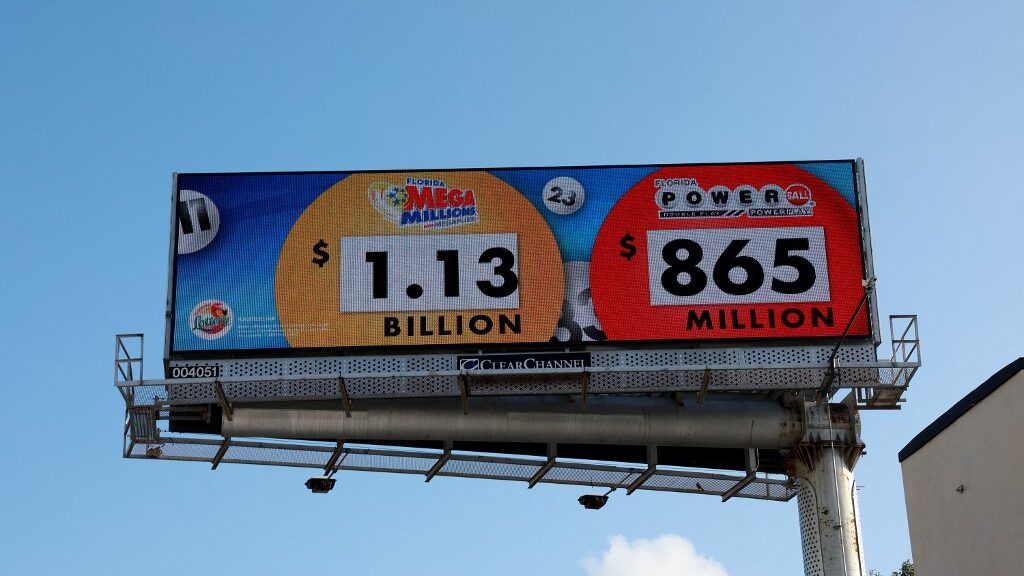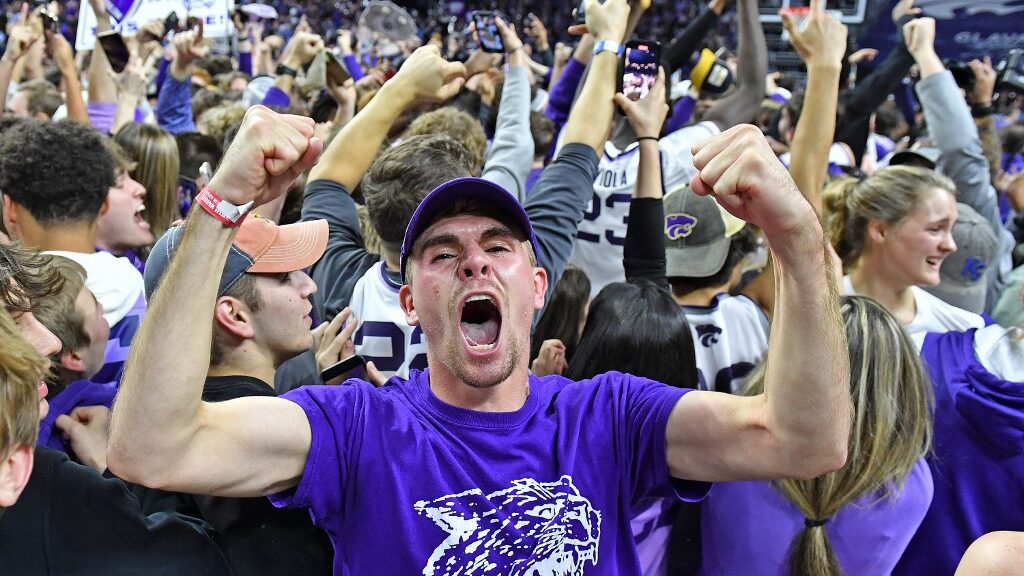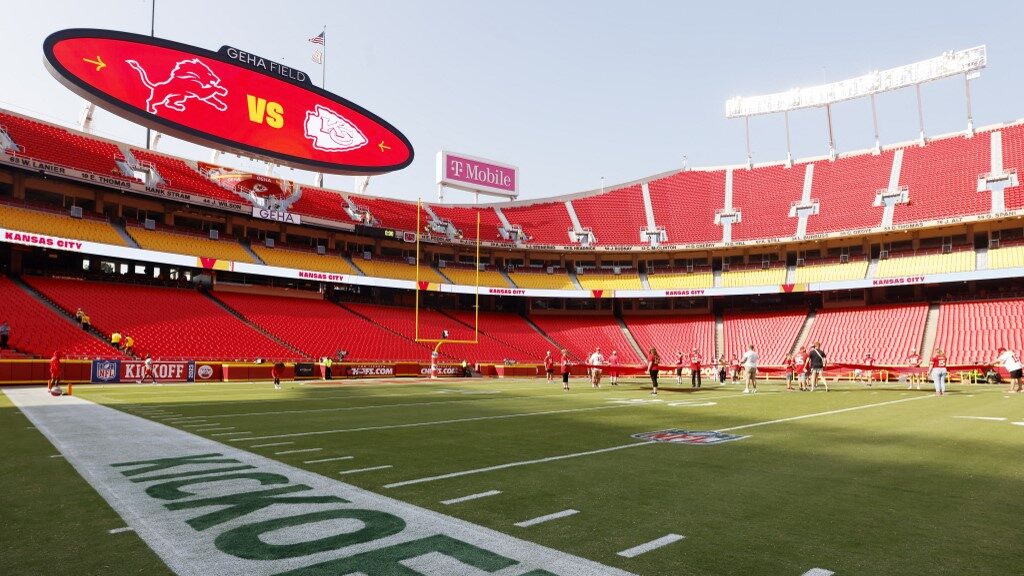
The California Assembly Judiciary Committee recently green-lighted a measure that would allow Native American tribes in the state the ability to sue cardrooms that they claim have been violating their exclusive gaming rights.
If the measure passes, it could effectively open the door to California sports betting, with the tribes able to offer it exclusively in the state.
What’s the Problem?
Cardrooms in California have been around since the Old West but they were mainly a gathering place to drink whiskey and play poker. However, now the cardrooms offer blackjack, baccarat, and other skill-based games as they are not allowed to have slots, roulette, or any other game that is predicated on sheer luck.
Moreover, the cardrooms are not allowed to bank the games it offers. Unlike poker, where players bet against each other and the house gets a rake on every hand, table games like blackjack are traditionally the player versus the house.
However, that is illegal in California, except for tribal gaming casinos that are permitted to directly financially back the table games they offer and are allowed a full gaming license including slots and other games of chance.
In order to circumvent the provision, cardrooms contract with third-party proposition players (TPPP) to serve as the bank for traditionally house-banked games. It’s a legal loophole that has been employed for several years but the tribal gaming community has repeatedly objected to the practice and insists it is losing roughly $100 million per year in gaming revenue because of it.
Yet, tribal communities can’t sue or be sued in the state due to their sovereign nation status.
Legislation Could Settle Dispute
Legislators are considering a one-time exception to allow the tribes to sue the cardrooms in the form of SB 549. It would allow the courts to render a declaratory judgment on the constitutionality of cardrooms and TPPPs offering and backing skill-based table games.
Sen. Josh Newman stated, “To be clear, SB 549 does not take a side in this dispute. Its passage would neither vindicate nor amplify the arguments of the tribes. And its passage will not declare or imply the cardrooms are in violation of the law. Moreover, if and when the matter comes before a court, there is no guarantee as to how a court may rule.”
The Viejas Band of Kumeyaay Indians leads 21 tribes and the California Nations Indian Gaming Association in supporting the bill and its chairman, John Christman, believes it is the most sensible way to dispense with the dispute one way or another.
“We believe that California card clubs have been violating tribal exclusive gaming rights for more than a decade by illegally operating banked games, which continues today. Economic studies and data revealed during the COVID pandemic outbreak that these illegal banked card games are taking away from gaming tribes over $100 million each year that could have been used for essential services.”
However, the cardrooms’ attorney, Ed Manning, rebutted by saying, “Every game that they’re saying is illegal, every single one of them has been explicitly approved individually in every cardroom in the state of California. We’re driving within the speed limit but they want to sue us despite that. They’re not saying we’re not complying with the attorney general’s decision. They are saying we are complying with the attorney general’s decision and they don’t like it. And they want to sue us and not give us the ability to sue them.”
Tribal Arguments in Favor of SB 549
- It’s the court’s place to decide if these games violate the state constitution.
- Only a court decision will settle this question of the legality of the card games once and for all.
Primary Cardroom Arguments Against SB 549
- It’s unfair to allow tribes to sue them when cardrooms can’t countersue tribes due to their sovereign immunity.
- The attorney general, through the Bureau of Gambling Control, approved these games and is better suited than the courts to make this decision. Allowing the lawsuit encroaches upon the right of the state to interpret, apply, and enforce the law.
*Bookmakers Review will continue to monitor this story and update our readers as events unfold.
















